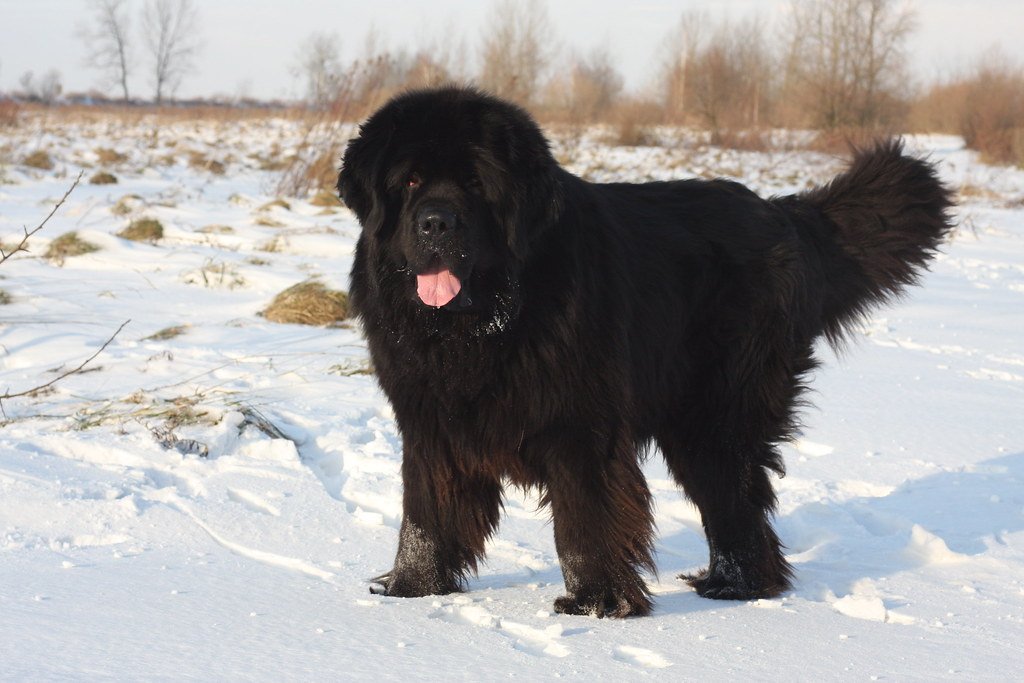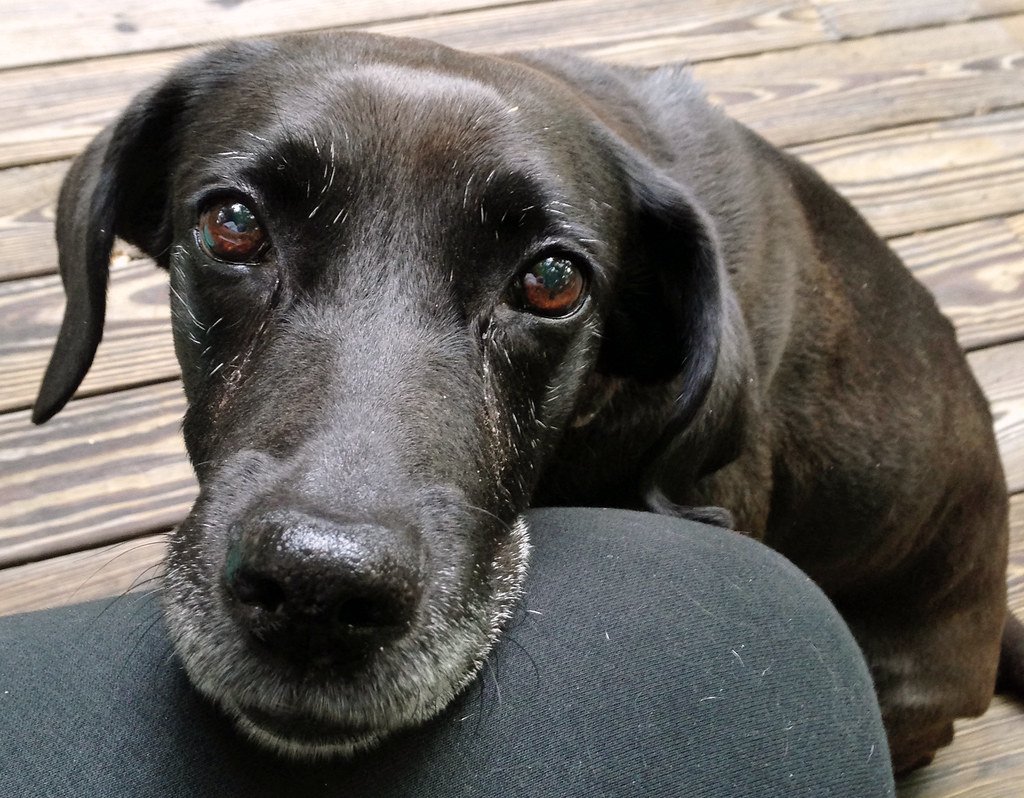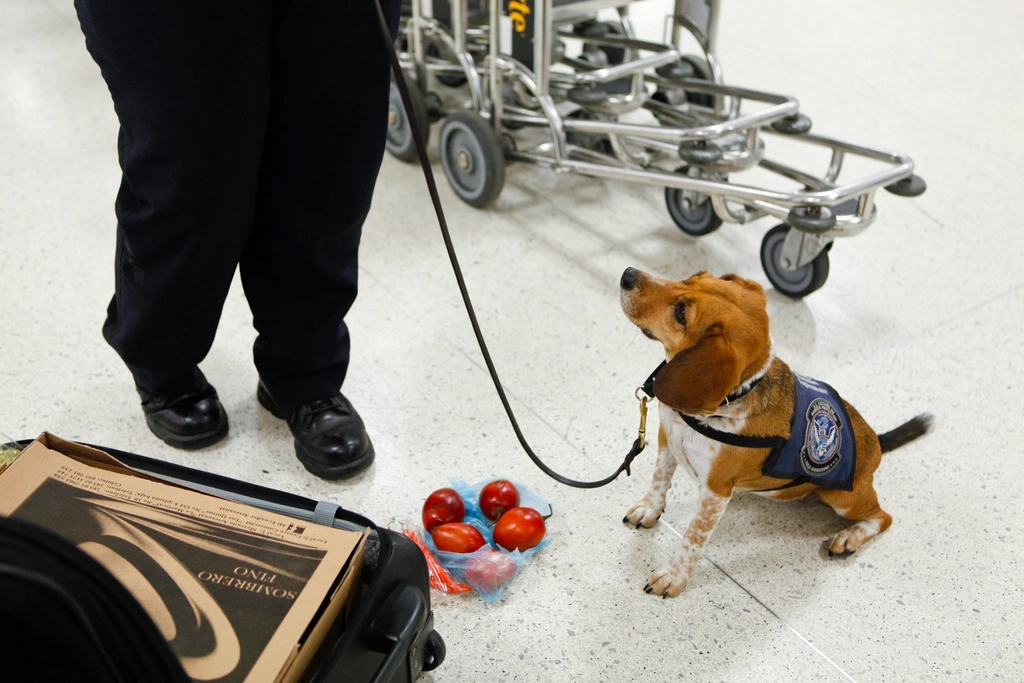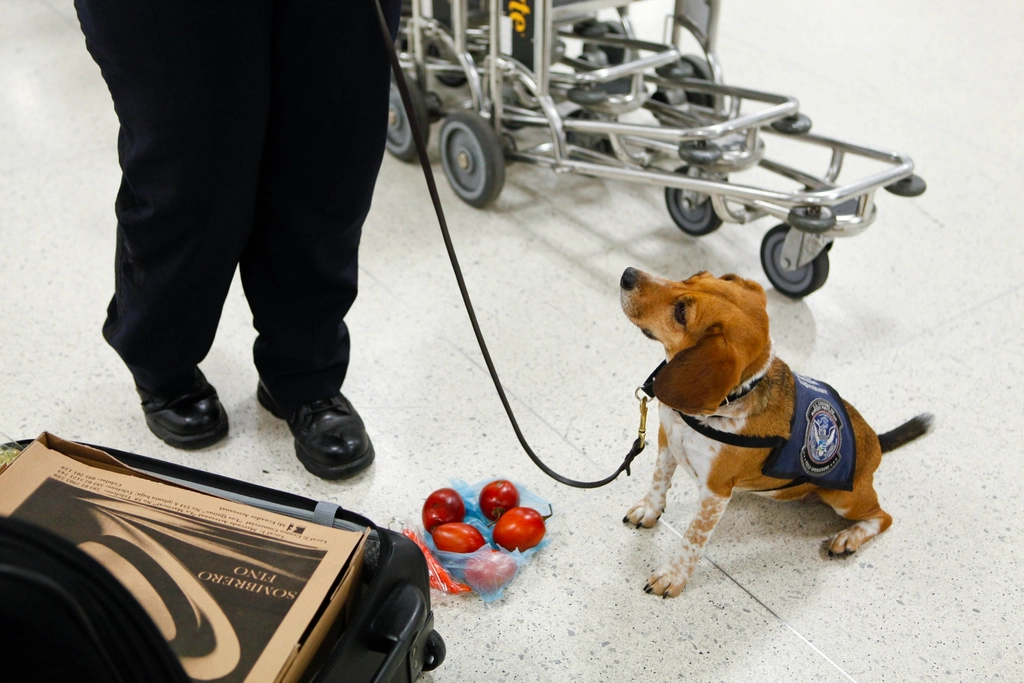Have you ever caught yourself watching your dog, waiting for a bark that just never comes? Maybe your friend’s pup can’t stop yapping at the mailman, while yours is as silent as a shadow. It can feel both peaceful and puzzling. You might even wonder, “Is my dog okay?” If you’re searching for answers about your quiet canine, you’re in the right place. Let’s walk through what it means when a dog hardly ever barks, and why that might not be a bad thing after all.
Understanding Your Dog’s Unique Personality

Just like people, dogs have their own personalities. Some are born chatterboxes, eager to “talk” about everything, while others are strong, silent types. A quiet dog doesn’t automatically mean something’s wrong—it could just be their nature. Breeds like the Basenji and the Shiba Inu are famously reserved with their voices.
If your dog has always been on the quieter side, chances are it’s simply who they are. Think about it: not all humans enjoy singing karaoke, and not all dogs feel the need to bark. Embracing your dog’s individual quirks is part of what makes the bond so special.
Breed Matters: Some Dogs Are Just Less Vocal

Certain breeds are naturally more vocal than others. Beagles and Terriers, for example, are known for their enthusiastic barking, while breeds like the Greyhound or Newfoundland can go days without making a peep. This isn’t a flaw—it’s genetics at play.
If you’ve adopted a breed with a reputation for being quiet, don’t be surprised when barking isn’t their thing. It’s like expecting a goldfish to fetch a stick. Instead, look for other ways your dog communicates, like tail wags or that soulful stare.
Body Language: Silent Signals Speak Volumes

Dogs have a rich language beyond barks. Pay close attention to their body cues—those telltale ear tilts, tail movements, or gentle nuzzles. A silent dog might be “talking” to you with their eyes or by leaning against your leg.
If your dog greets you with a wiggly body or plants themselves by your side, they’re saying a lot without a sound. Learning to read these quiet signals can deepen your connection and help you respond to their needs.
Health Considerations: When Silence Could Signal a Problem

Sometimes, a sudden drop in barking could be linked to health issues. Throat injuries, laryngeal paralysis, or even chronic pain can make barking uncomfortable. If your dog was once vocal and now rarely makes a sound, a vet check is wise.
Other warning signs to watch for include changes in appetite, lethargy, coughing, or difficulty breathing. Trust your gut—if your dog’s silence feels “off,” it’s always better to err on the side of caution and get a professional opinion.
Stress and Environment: The Impact of Surroundings

A dog’s environment can shape their behavior. Dogs in calm, stable homes often feel less need to bark, while those in busy or stressful settings might bark more—or clam up if they’re anxious. Sometimes, a quiet dog is just soaking in the peace.
If you’ve recently moved, adopted, or introduced big changes, your dog might go silent as they adjust. Give them time, maintain routines, and offer gentle encouragement. Patience and reassurance can help them find their voice, or settle happily into their quiet ways.
Training and Early Life Experiences

Puppies who grow up in quiet homes or who weren’t exposed to much noise might not develop barking as a habit. Some dogs are inadvertently trained not to bark if their humans discourage it from a young age.
If your dog never learned to bark—or was praised for being quiet—they may just be following your lead. Remember, training goes both ways! Celebrate your dog’s calm, and use positive reinforcement to encourage other forms of communication.
Other Forms of Communication: More Than Just Barking

Dogs have a whole toolkit of ways to connect: whining, sighing, tail wagging, and even a gentle paw on your knee. A silent dog might still express excitement, worry, or affection in ways that don’t involve noise.
For example, my own dog hardly ever barks, but she’ll bring me her favorite toy when she’s happy or nuzzle my hand when she wants attention. These little gestures are her way of “talking”—and over time, you’ll learn to recognize your dog’s unique language too.
Should You Be Concerned? When to Seek Help
It’s natural to worry if your dog is quieter than most. If your pup has always been silent, and they seem healthy, active, and content, there’s usually nothing to fear. But if silence comes on suddenly, or is paired with other symptoms, reach out to your veterinarian.
Trust your instincts. You know your dog better than anyone. If their quietness feels different or you spot other changes—like hiding, shaking, or loss of interest in play—a professional checkup can offer peace of mind and ensure your furry friend stays happy and well.






